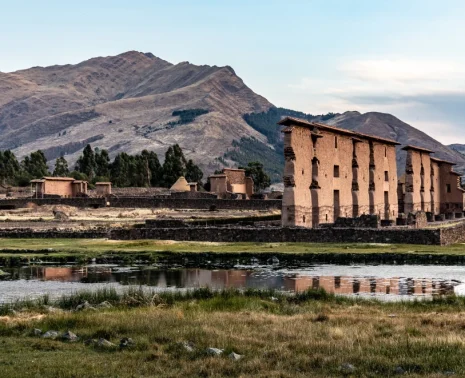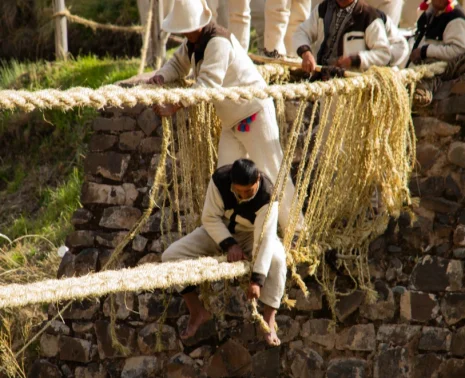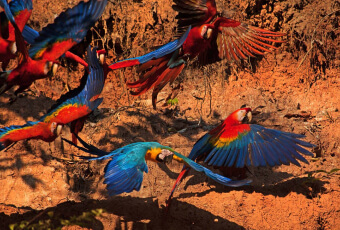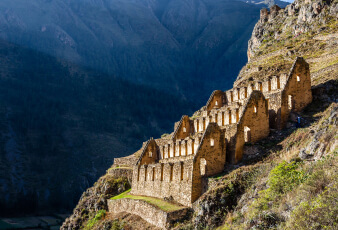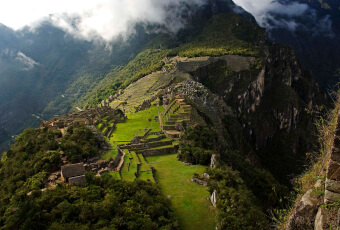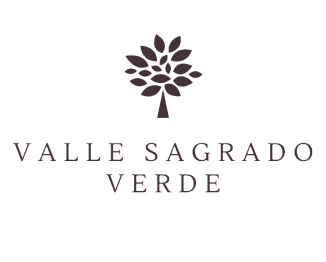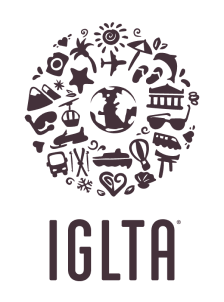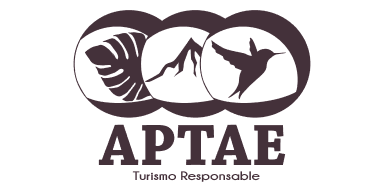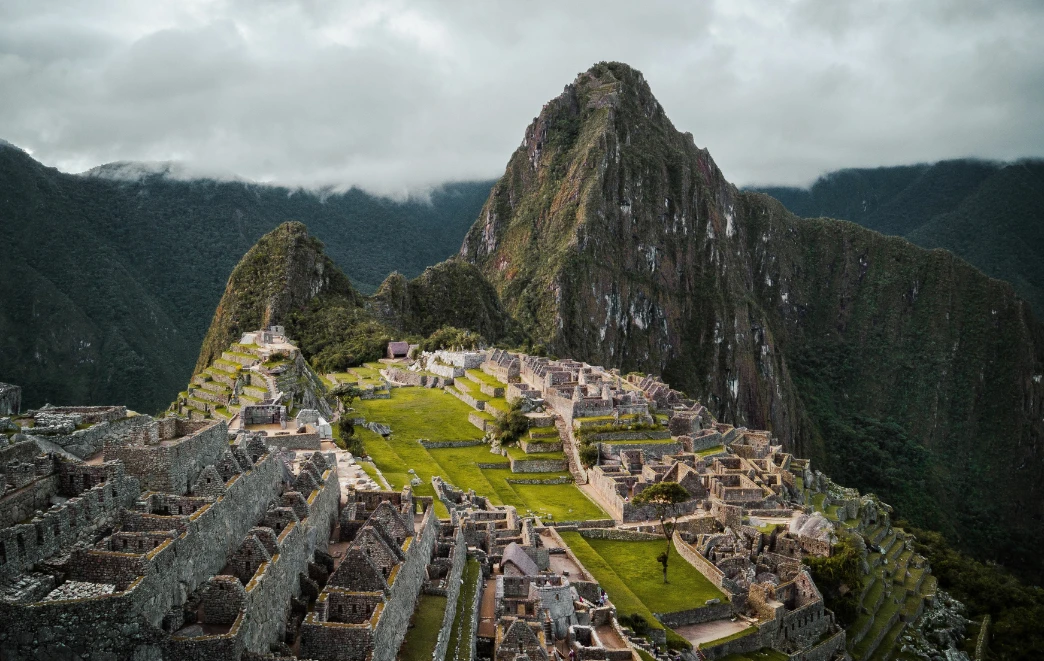
Few places on Earth capture the imagination quite like Machu Picchu. Rising dramatically above the Sacred Valley in the Peruvian Andes, this UNESCO World Heritage Site is more than just a breathtaking panorama of stone terraces, temples, and cloud-kissed peaks. For many, it represents mystery, spirituality, and human achievement at its highest form. Yet travelers often ask a simple but profound question: what is the meaning of Machu Picchu?
The answer lies in history, culture, and legacy. Machu Picchu was more than a remote citadel. It was a sanctuary for the Incas, a reflection of their worldview, and today a living symbol of Peru’s enduring heritage. At Kuoda Travel, we believe the true magic of Machu Picchu is not only in seeing its stone walls but in understanding the stories they tell, stories of kings, astronomers, spiritual leaders, and ordinary people whose lives shaped this extraordinary place.
The Origins of Machu Picchu

Constructed in the mid-15th century during the reign of the Inca emperor Pachacuti, Machu Picchu was built at the height of the Inca Empire. Far from being merely a fortress or retreat, scholars believe the site served as both a royal estate and a spiritual center. Its strategic location between the Amazon basin and the Andes provided a symbolic meeting point between different worlds.
The city’s terraces, temples, and fountains showcase the Incas’ sophisticated engineering and agricultural practices. Each stone was carefully cut and placed without mortar, fitting so tightly that they still withstand centuries of earthquakes. In this precision, one begins to see the deeper meaning of Machu Picchu: not just as a physical construction, but as a harmonious blend of human skill and natural order.
The Spiritual and Cultural Meaning of Machu Picchu

The Incas saw their world as alive with sacred energy, and Machu Picchu embodied that belief. Its Quechua name translates to “Old Mountain,” a nod to the towering peak that protects the citadel. But the name only hints at the site’s spiritual essence.
Archaeological evidence suggests Machu Picchu was a ceremonial and astronomical hub. The Intihuatana, often called the “Hitching Post of the Sun,” served as a ritual stone where priests tracked the solstices and aligned human activity with celestial cycles. Temples and windows were deliberately oriented to frame the rising sun during key times of the year, blending science and spirituality into one.
For the Incas, mountains (apus) were sacred guardians, and Machu Picchu’s location among jagged peaks was no accident. Every terrace, plaza, and carved rock had meaning in relation to the surrounding landscape. In this sense, the meaning of Machu Picchu is inseparable from the natural world: it is a dialogue between the people and the cosmos, written in stone.
Rediscovery and Global Fascination

Although never truly “lost” to local Quechua communities, Machu Picchu entered global consciousness in 1911, when American historian Hiram Bingham publicized his expedition to the site. The terraces and temples, hidden under dense vegetation, suddenly became a symbol of discovery and wonder.
From that moment, Machu Picchu captivated the world. Scholars debated its purpose, travelers dreamed of visiting, and Peru’s identity became intertwined with this remarkable citadel. In 1983, UNESCO declared it a World Heritage Site, and in 2007 it was named one of the New Seven Wonders of the World.
Its rediscovery added another layer to the meaning of Machu Picchu: a reminder of how cultural treasures can transcend borders and inspire humanity as a whole. For travelers today, visiting Machu Picchu is not only about stepping into the past, but about joining a century-long story of fascination and preservation.
The Living Legacy of Machu Picchu Today

Beyond its stones and legends, Machu Picchu continues to hold profound meaning in the present. For Peruvians, it is a source of pride and identity, a living testament to resilience and cultural heritage. Its terraces tell of agricultural ingenuity, its temples of spiritual depth, and its very survival of the importance of preserving tradition.
Globally, Machu Picchu has become a symbol of responsible tourism and sustainability. Protecting the site means balancing access for millions of visitors with conservation of the fragile ecosystem and structures. This challenge reflects the modern meaning of Machu Picchu: it is a shared responsibility, a sacred space that calls us to respect and protect what endures.
At Kuoda, we emphasize this perspective by helping travelers engage with Machu Picchu in a way that honors its legacy. Through private guides, expert storytellers, and carefully curated itineraries, our journeys are designed to connect you not only with the ruins but also with the living culture that surrounds them.
Experiencing the Meaning of Machu Picchu with Kuoda

Visiting Machu Picchu is a once-in-a-lifetime experience, and how you experience it matters. Kuoda Travel, based in Cusco, brings unmatched local expertise to each journey. Our private tours go beyond the postcard views, offering in-depth explorations of the temples, agricultural terraces, and sacred sites that reveal the meaning of Machu Picchu.
Guests may choose to arrive in style aboard the Belmond Hiram Bingham luxury train, enjoy a guided hike along the Inca Trail, or take alternative routes that reveal untouched landscapes. Our itineraries often weave Machu Picchu into broader explorations of the Sacred Valley, where traditional weaving villages, vibrant markets, and Andean rituals provide a living context to the ruins.
With Kuoda, travelers discover not only the grandeur of Machu Picchu but also its human story, the farmers who still cultivate nearby fields, the guides who share ancestral knowledge, and the communities who keep Inca traditions alive. This approach transforms a visit from sightseeing into a journey of understanding.
Frequently Asked Questions About the Meaning of Machu Picchu
What does the name “Machu Picchu” mean?
In Quechua, “Machu Picchu” translates to “Old Mountain,” referring to the peak that rises above the citadel.
Why was Machu Picchu built?
Historians believe it served as both a royal estate for the Inca emperor Pachacuti and a ceremonial center with deep spiritual significance.
What is the cultural meaning of Machu Picchu today?
For Peruvians, it symbolizes resilience and identity. Globally, it represents cultural heritage, sustainability, and a connection to ancient wisdom.
How can travelers best experience the meaning of Machu Picchu?
Travelers gain the most insight through guided exploration with local experts who highlight its history, spiritual symbolism, and living legacy, something Kuoda specializes in.
Why is Machu Picchu considered one of the New Seven Wonders of the World?
Its extraordinary architecture, breathtaking location, and cultural importance make it one of humanity’s greatest achievements.
Why the Meaning of Machu Picchu Endures Today
Machu Picchu is more than an archaeological site. It is a place where history, spirituality, and identity converge. To ask about the meaning of Machu Picchu is to open a door to layers of significance: a royal estate, a ceremonial hub, a dialogue with the cosmos, and today, a global icon of cultural heritage.
At Kuoda Travel, we believe that the true essence of Machu Picchu can only be uncovered through personal connection and guided discovery. By exploring with us, you will not just witness the grandeur of the ruins, but embrace their deeper meaning, a story of human vision, cultural resilience, and harmony with the natural world.
When you walk through the Sun Gate at dawn or stand before the Intihuatana stone, you are not only visiting Peru’s most iconic wonder; you are participating in a legacy. Let Kuoda be your curator of that experience, ensuring that your journey to Machu Picchu is as profound as the site itself.
Peru Flag: History, Meaning, and Symbolism of a National Icon
The Peru flag is one of the most recognizable national symbols in South America. With its bold red and white s...
Read PostThe Inca Creation Myth: The Origin of the Inca Empire
Every great civilization begins with a story, and for the Incas, the foundation of their empire was rooted in ...
Read PostThe Inca Bridge: A Testament to Andean Ingenuity
The Inca Empire is remembered not only for its awe-inspiring cities and spiritual depth but also for its extra...
Read Post










